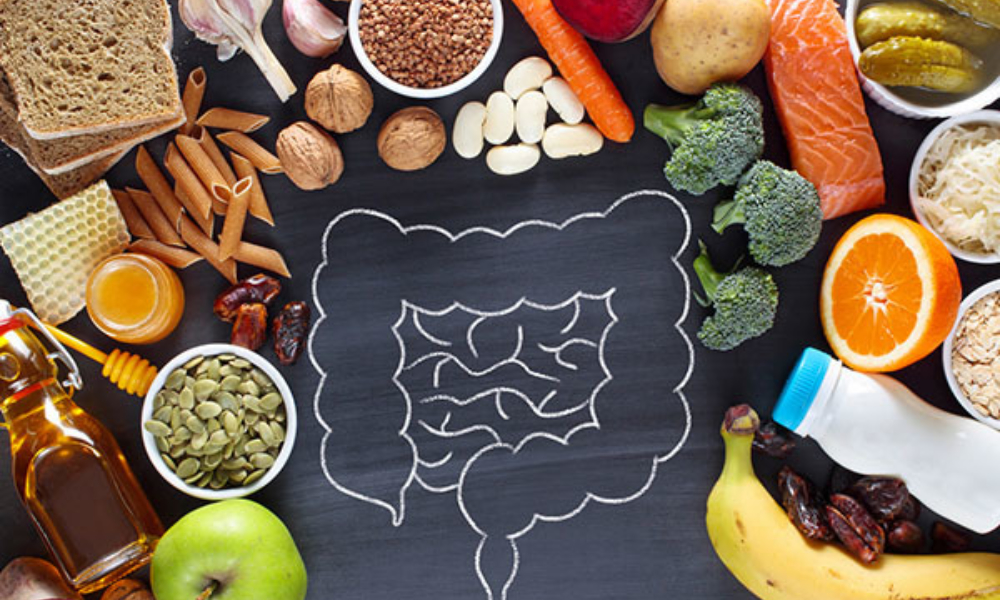
How Does Fiber Help Hemorrhoids?
Hemorrhoids are swollen veins in the anus or lower rectum. They are widespread and affect up to 75% of Americans at some point in their lives. This article briefly discusses what hemorrhoids are, what a high in fiber diet is, and why fiber is recommended as a viable treatment for hemorrhoids.
There are three different types of hemorrhoids:
- Internal
- External
- Prolapsed
Internal hemorrhoids occur inside the rectum and cannot be seen outside the body. External hemorrhoids occur right under the skin surrounding the anus. Prolapsed hemorrhoids hang out of the anus during a bowel movement but return into place after the bowel movement is complete.
What Causes Hemorrhoids
Hemorrhoids can also form because of constipation or straining during bowel movements due to conditions like IBS, Crohn's disease, or diverticulitis. Some hemorrhoids can come from a blood vessel in the anus breaking. In rare cases, hemorrhoids may be caused by cancer. This is why it is so important to see a doctor immediately when you notice any symptoms or pain from hemorrhoid issues.
Why Is Fiber Recommended For Treating Hemorrhoids?
Fiber adds bulk to stool, moving through the colon more quickly. As stools move more rapidly through the colon, hemorrhoids are less likely to form or flare-up. Fiber also absorbs water so that stools are less "sticky" and do not cause hemorrhoids or other problems like constipation.
What Is A High-Fiber Diet?
A high-fiber diet includes increased amounts of foods, including fruits, vegetables, grains, and legumes.
There are many sources for dietary fiber; here are some options:
- Artichokes (cooked)
- Asparagus (cooked)
- Beans (black, navy, pinto) (cooked)
- Broccoli (raw or cooked
- Bran cereal (1/3 cup cooked)
- Brussels sprouts (cooked)
- Carrots (raw or cooked)
- Chickpeas (cooked)
- Fruit (such as apples, bananas, oranges, grapes, berries)
- Mangos
- Nuts & seeds
- Oatmeal
- Oranges
- Pears
If you're not sure how much fiber is in your diet, many food tracking apps can help. Don't hesitate to get in touch with your gastroenterologist for more information on what to eat and what not to eat with hemorrhoids.
Can Fiber Cure Hemorrhoids?
Fiber can help treat hemorrhoids by adding bulk to your stool, which helps prevent hemorrhoids from developing or worsening. However, fiber cannot cure hemorrhoids by itself without other treatments. It would be best to always discuss treatment options with a doctor before trying any new remedies.
Should I See A Dietician?
You can visit a dietician or nutritionist to help with what food to eat and foods to avoid hemorrhoids. A hemorrhoid specialist may also advise how much fiber is ideal in your diet based on your current health conditions and the medications you're taking.
When Should I See A Doctor About Hemorrhoids?
Suppose you have noticed symptoms associated with hemorrhoids, such as itching, discomfort, or bleeding. If your hemorrhoids keep coming back and they hurt during bowel movements, and if they are large enough that they protrude out of the rectum during bowel movements. Or cause excessive bleeding for an extended period, leading to anemia (low blood count). Contact your doctor right away if you have any hemorrhoid symptoms.
Needham Gastroenterology Associates Can Help With Hemorrhoids
Needham Gastroenterology Associate professionals are here to help if you believe you may be suffering from hemorrhoids. We encourage you to contact us and set up an appointment to help diagnose what type of hemorrhoid you may have and find an effective treatment.